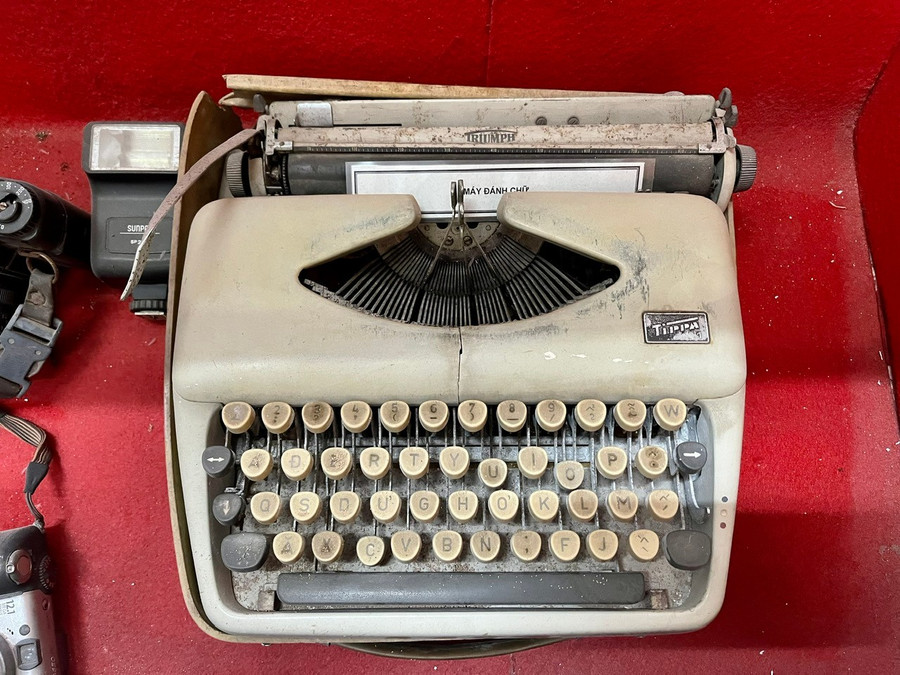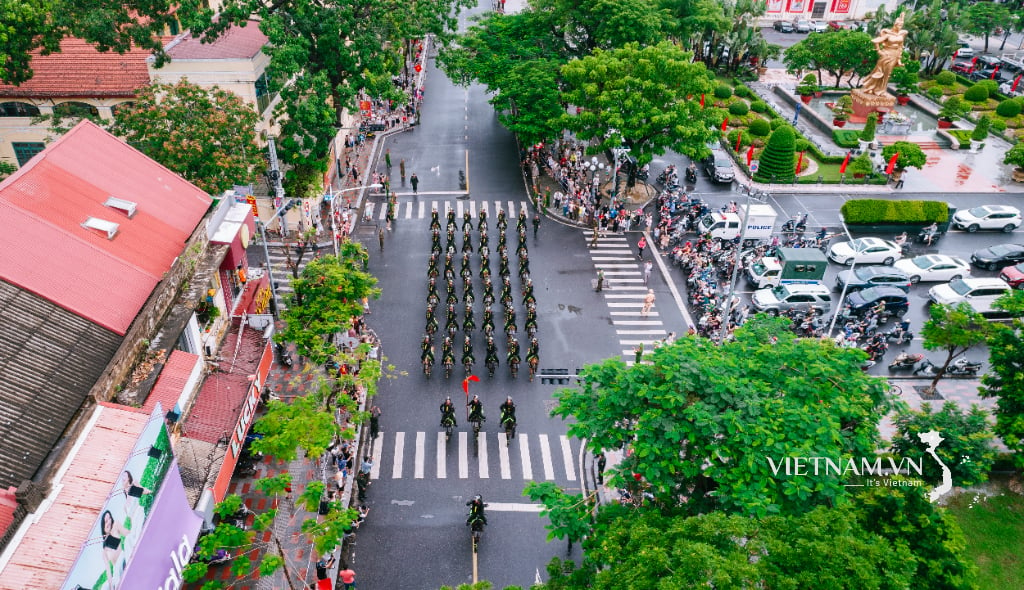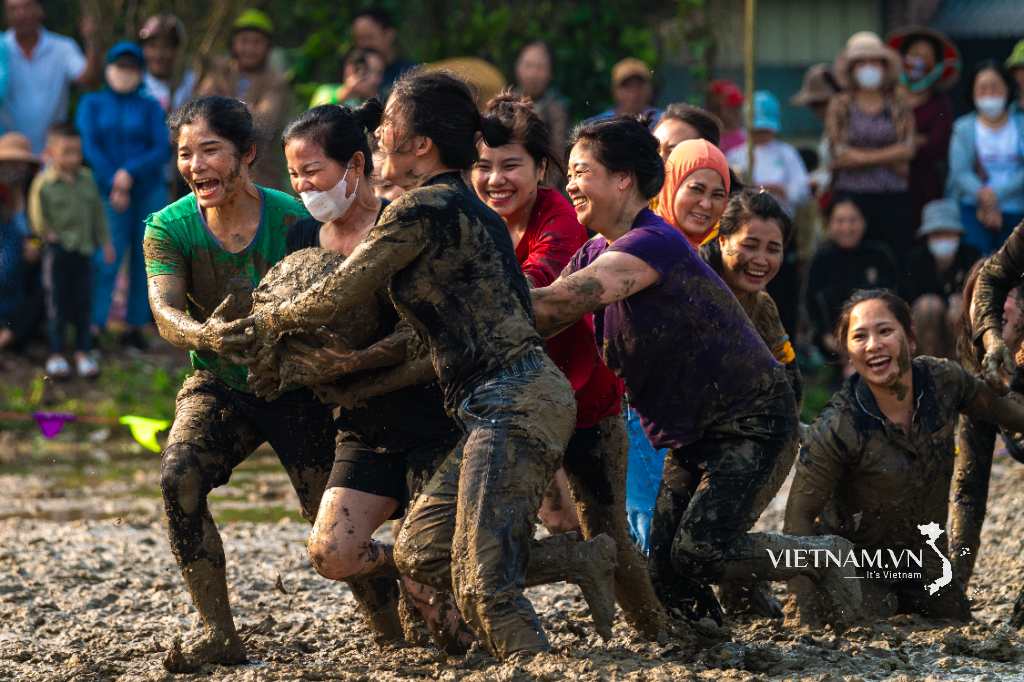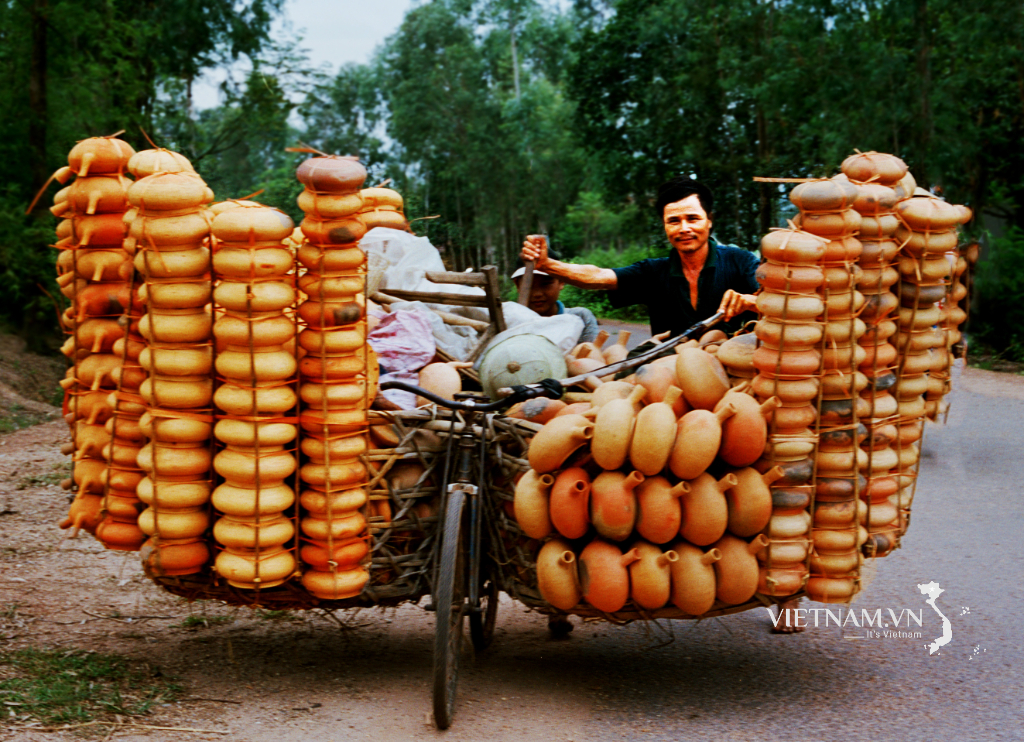1. When I was a child, my uncle used to clack away at documents on his typewriter. His son, Xuyen, after finishing his high school education, occasionally helped his father with typing. He was fair-skinned, a good student, with long, slender fingers like a girl's, and his typing speed was so impressive that I admired him greatly.

Until one day, the typewriter became obsolete, an "antique," as a rule of replacement. That was when the era of innovation began, and computers started to appear. This rapid replacement was similar to the fate of cameras, telephones, televisions, and various types of record players...
Decades ago, like many other agencies, the documents of Gia Lai Newspaper were all produced using typewriters. Official letters, plans, decisions, and legally binding documents were typed, signed, and stamped by authorized persons. I was stunned when I looked through the files and found the decision to accept a teacher to work at the newspaper, bearing the agency's seal and the signature of Mr. Pham Thuong Ky, then Editor-in-Chief. The decision was on thin, smudged parchment paper, but the writing was still quite clear. It has been almost several decades since Mr. Ky passed away, joining the world of the previous generation of revolutionary journalists at the provincial Party newspaper.
2. At the apartment complex at 33 Hung Vuong Street, Pleiku City (the former headquarters of Gia Lai Newspaper after the takeover in 1975), after several families of our colleagues moved out, we temporarily resided there. Except for those who were married, we single journalists lived carefree and easygoing lives. Our place was therefore often frequented by acquaintances, colleagues, and friends from the office who would get carried away having fun and forget their way home, or who might accidentally offend someone in charge, leading to unpleasant situations.
Before switching from letterpress to offset printing, news articles and drafts from Gia Lai Newspaper reporters were handwritten. After editing, they were typed on a typewriter before being submitted to the Editorial Board for approval and archiving. This process inherently required reporters to be meticulous with their handwriting. If the leadership was displeased, poorly written drafts could easily be scrutinized, harshly criticized, or even delayed and processed later.
There were all kinds of handwriting: beautiful, ugly, and even messy. And most of the reporters wrote carelessly, as if deliberately trying to make things difficult for the typists.
3. My manuscripts gradually transitioned from handwritten to typed. If I remember correctly, among the most active contributors to the agency, the first to send typed manuscripts was Mr. Bach Van Minh. Mr. Minh was a physical education teacher who collaborated very actively with the newspaper, writing on a wide variety of topics. I was very impressed to see him diligently typing his manuscripts. Mr. Nguyen Xuyen from Da Nang, who spent 15 years working with President Ho Chi Minh on the agricultural collectivization movement, was also a contributor, sending beautifully typed manuscripts. There was also Mr. Tran Huu Nghiem, a teacher from Hue in Ca Mau, who specialized in poetry and sent similar manuscripts.
Following in the footsteps of my colleagues, I also found myself a small, pretty typewriter. It was a German-made machine, blue in color, about the size of two notebooks combined. Remarkably, the typeface hadn't worn down much; the letters were sharp, clear, and without missing strokes or accents. Mr. Le Trac Ky, then Vice Chairman of the Provincial Farmers' Association, couldn't resist giving it to me as a gift to use in my work. At first, I typed like a chicken pecking at grain, meticulously pressing each key and letter, erasing long lines of text, but I gradually got used to it. Writing news articles on the typewriter forced me to slow down, carefully considering the layout, the order of ideas, word choice, sentence structure, and expression—everything was meticulous and careful, avoiding confusion, repetition, and errors. Needless to say, holding a typewriter manuscript, whether short or long, that was clean, neat, and well-organized, the author was the first to feel comfortable and satisfied. I have to admit that my concise, well-structured, neat, and coherent writing skills were partly honed during this time. And when I switched to using a computer, things became much easier.
4. Forgetting about it, neglecting it, and moving house several times, many documents, photos, and mementos have been lost or misplaced, some causing me great regret and heartache. For me, that loss is my typewriter. The pain of that loss deepened when I decided to create a small corner to commemorate my work. My intention wasn't anything extravagant; just a few rolls of film, Kodak and Konica film boxes, the Praktica camera I once bought with gold borrowed from my brother, an early digital camera, mementos from business trips… I remember applying oil, wrapping the typewriter, and carefully placing it at the bottom of a metal cabinet in the attic – and yet! For some reason, now, that small corner commemorating my work, with its old typewriter, is so precious.
Source: https://baogialai.com.vn/chiec-may-danh-chu-post328934.html

















































































































Comment (0)